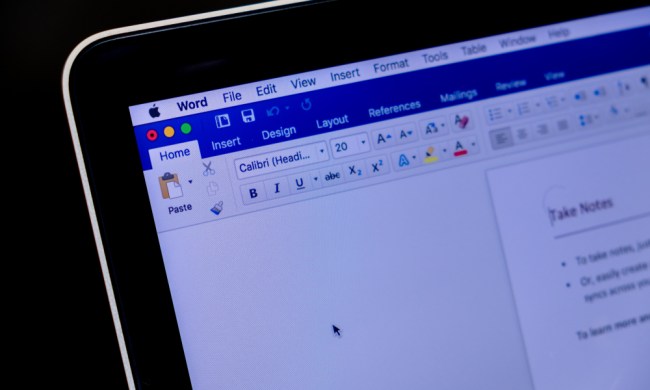
At the TechEd IT Forum 2007 in Barcelona, Microsoft and the Digital Accessible Information Systems Consortium (DAISY) announced a development project that will create a tool enabling Microsoft Word users to convert documents from Open XML format to DAISY XML, the most widely-used format for users who are blind or print-disabled. The move could be an important development to make documents more accessible for blind and visually-impaired users.
Historically, print-impaired computer users have used specialized accessibility technology like screen magnifiers, screen readers, text-to-speech technology, and other tools to attempt to manipulate document formats that, realistically, have been created with only sighted users in mind. “When you don’t see print, you lose more than the ability to read words. You lose the ability to see the page, jump around in the text and be drawn to bolded or italicized information,” said Jim Marks, director of services for students with disabilities at the University of Montana who went blind as an undergraduate in the early 1980s. “When I switched from the ability to read print to audio, it was like a stream of consciousness. Trying to find the page number on an audio cassette was a miserable experience.”
Conversely, the structure of DAISY XML documents enables quick navigation by heading or page number, and offers the ability for print-impaired users to access indexes and other references, all with synchronized audio and text. By enabling everyday Microsoft Office users to create DAISY XML documents, the technology has the potential to provide an enormous benefit to document-intensive fields like education, publishing, and government, as well as leveling the playing field to a wealth of printed content.
“The Open XML to DAISY XML translator for Microsoft Office Word will begin the translation of Open XML-based content into an enriched multimedia format accessible to users around the world, regardless of the degree of their visual impairments,” said Microsoft’s Jeff Raikes, in a statement. “This accessible technology is something that our customers have asked for, and we are pleased to be able to work collaboratively with the DAISY Consortium to realize this goal.”
The plug-in for Microsoft Word should be available in early 2008.

